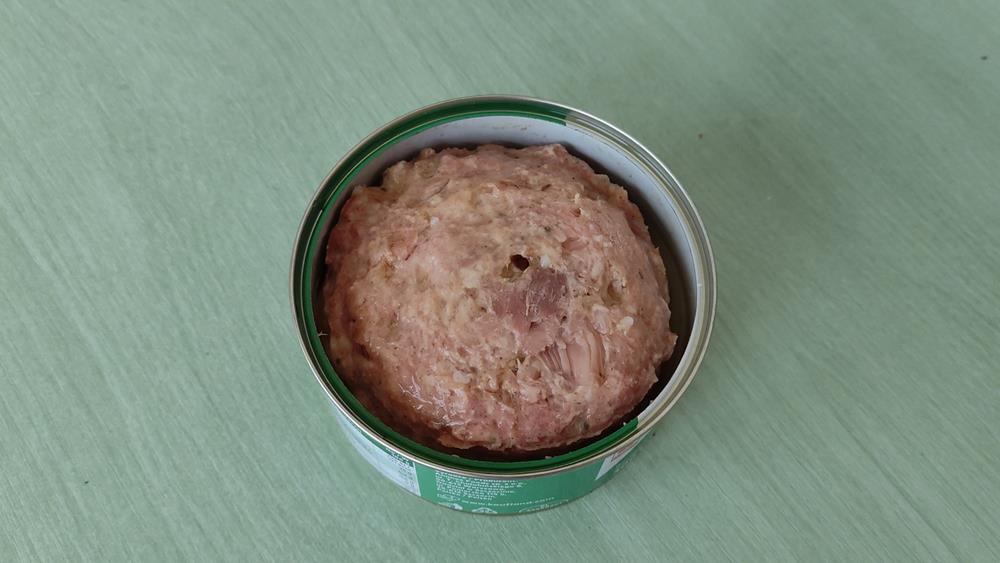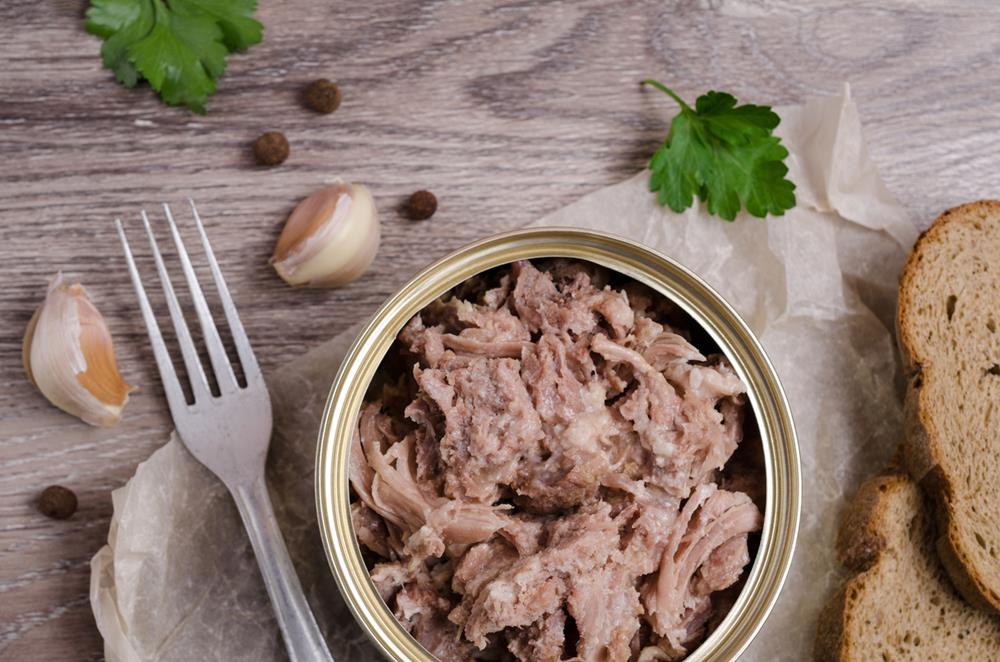How Long Does Canned Meat Last in Storage?

Canned meat is a reliable staple for emergency kits, camping trips, and long-term food storage—but how long does it really last? Whether you're stocking your pantry or preparing for emergencies, understanding the shelf life of canned meat is key to keeping your food supply safe and usable.
In this article, we’ll break down how long different types of canned meat can last, what affects their longevity, how to store them properly, and how to tell when it’s time to toss them.
| Type of Canned Meat | Estimated Shelf Life | Storage Tips |
|---|---|---|
| Canned Chicken and Turkey | 3 to 5 years | Store in cool, dry place (50°F–70°F); rotate stock regularly |
| Canned Tuna and Fish | Up to 5 years | Keep in a dark, cool area; check for spoilage signs |
| Canned Beef | 2 to 3 years | Inspect frequently due to shorter shelf life |
| Processed Meats (e.g., Spam) | Over 5 years | Highly preserved; long-lasting when stored properly |
Factors Affecting the Shelf Life of Canned Meat
The shelf life of canned meat depends on several key factors that influence how long it remains safe, nutritious, and palatable.
Storage Conditions:
Proper storage is one of the most important elements. Keep canned meats in a cool, dry, and dark place, ideally between 50°F and 70°F. Avoid storing them in areas exposed to heat, moisture, or direct sunlight, as these conditions can speed up spoilage and reduce quality over time.Canning Quality and Packaging Integrity:
The canning process itself and the condition of the can are also crucial. Always inspect cans for dents, bulges, rust, or leaks. Any of these can compromise the seal and potentially lead to contamination.Product Age and Rotation:
While most canned meats can safely last 2 to 5 years, their taste and texture may gradually decline. For the best quality, practice first-in, first-out (FIFO) rotation—using older cans before newer ones to ensure freshness.
By managing these factors, you can confidently store canned meat for the long haul while maintaining safety and quality.
Identifying Signs of Spoilage in Canned Meat

Not sure if your canned meat is still safe to eat? Spotting the signs of spoilage is crucial to avoid foodborne illness.
Inspect the Can:
Start with the exterior. Bulging lids, leaks, rust, or deep dents can all indicate a compromised seal—making the contents unsafe to consume.Smell Check:
Upon opening, take a cautious sniff. If you notice any sour, rancid, or off odors, discard the product immediately.Visual and Texture Clues:
Watch for discoloration, slimy textures, or mold. These are strong indicators the meat has gone bad.Unusual Reactions on Opening:
If you see foam, fizzing, or gas release when you open the can, that could be a sign of bacterial growth or fermentation—another red flag.Check the Date, But Trust Your Senses:
While canned meat stored properly can last beyond its printed expiration date, any signs of spoilage should outweigh the label. When in doubt, throw it out.
Your health is more valuable than salvaging an old can—always prioritize safety over shelf life.
Optimal Storage Conditions for Canned Meat
To keep canned meat safe and fresh for the long haul, proper storage is essential.
Temperature Control:
Store canned meat in a cool, dry place with temperatures ideally between 50°F and 70°F. This range helps preserve both the quality and nutritional value of the meat over time.Avoid Environmental Stress:
Protect cans from heat, humidity, direct sunlight, and air exposure, as these factors can accelerate spoilage or damage the packaging.Practice Stock Rotation:
Use the First In, First Out (FIFO) method—consuming older cans before newer ones—to maintain freshness and reduce waste.Inspect Regularly:
Check for dents, bulges, rust, or leaks. Any visible damage may indicate a compromised seal, making the contents unsafe to eat.
When stored under these optimal conditions, canned meat can often remain safe well beyond its typical 2 to 5-year shelf life, as long as the can remains sealed and undamaged.
Comparing Different Types of Canned Meats

Once your storage conditions are in check, it’s helpful to understand the differences in shelf life and nutritional value among various canned meats.
Canned Chicken and Turkey:
These lean protein options typically last 3 to 5 years when stored properly. They retain good texture and nutritional value, making them a versatile choice for emergency meals.Canned Tuna and Fish:
With a shelf life of up to 5 years, canned tuna and similar fish offer the added benefit of Omega-3 fatty acids, which support heart and brain health.Canned Beef:
Generally shelf-stable for 2 to 3 years, canned beef is hearty and filling, but should be checked more frequently for signs of spoilage due to its shorter lifespan.Processed Meats (like Spam):
Highly preserved options like Spam can last even longer—often well past 5 years—making them a popular choice for long-term storage.
Knowing these differences helps you build a balanced, long-lasting pantry with a mix of flavors, nutrients, and reliable shelf lives.
Safety Considerations for Consuming Canned Meat
Canned meat is a convenient, shelf-stable food option—but safety should always come first before opening or consuming it.
Shelf Life and Storage:
While most canned meats last 2 to 5 years, they can remain safe beyond that if the can is stored properly and undamaged.Inspect Before Opening:
Always check for bulging lids, deep dents, rust, or leaks. These can signal that the seal has been compromised and may lead to bacterial contamination or spoilage.Check for Spoilage After Opening:
Once opened, examine the contents closely. Unpleasant odors, discoloration, foam, or unusual textures are strong indicators the meat should be discarded.Watch for Sodium and Preservatives:
Many canned meats are high in sodium or preservatives, which can contribute to health issues if eaten in excess. Consume in moderation, especially for individuals with dietary restrictions.Always Check the Dates:
Look for expiration or best-by dates to ensure peak quality, even if the can appears intact.
By following these precautions, you can enjoy the convenience of canned meat with greater confidence in its safety and quality.




